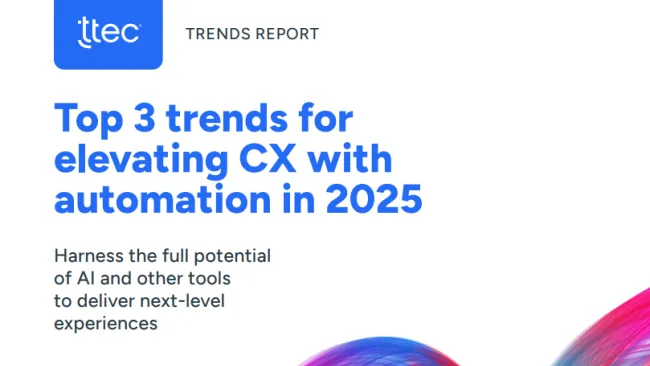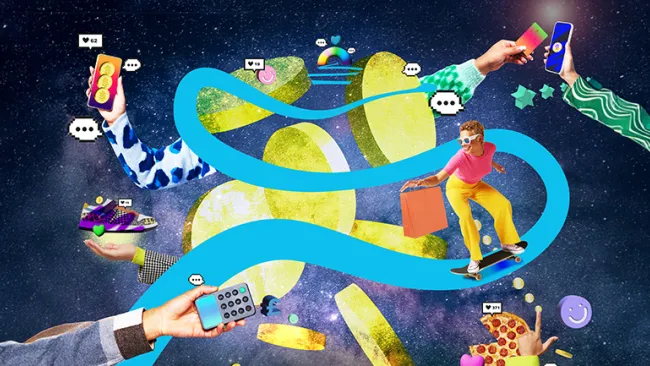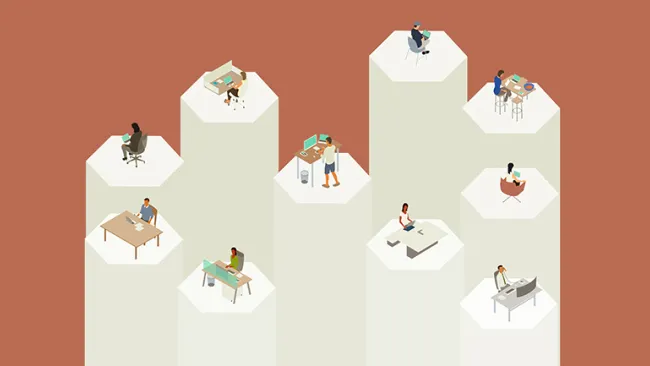Meet the people formerly known as customer/consumers/target markets. They have new powers. They are backed by powerful companies. And they are starting to organize. They are rewriting the rules of business and developing a new economy: a collaborative economy.
The collaborative economy is an economic model where ownership and access are shared among people, startups, and corporations. Control over products, services, distribution channels, and the market itself is replaced by participation from all involved, not disseminated from only one group. It's a burgeoning economy now, but it's poised to become the norm in the very near future.
Consumers are gaining powers that enable them to learn anything they need to about a brand in real time. They can find ratings and reviews about products and services, compare prices and now, have items delivered to them in under an hour from "the crowd" by using services like Postmates, Instacart, Deliv.co, Google Shopping Express, and many others. They can also choose to buy a product one time, and then share it many times with their peers, rather than the whole group buying the same product over and over again.
Members of this powerful crowd are also able to act like traditional companies in their own right. They can transform into restaurants by having strangers over for dinner. They can even morph into a rental car company by chauffeuring or lending their cars to friends or even complete strangers. In their most advanced state, these empowered people can build and sell their own products using 3D printing services, shared industrial tools, and online marketplaces. Sites such as Etsy, Quirky, Shapeways, TechShop, MakersRow and CustomMade may be largely invisible to the corporate eye now, but they're gaining prominence.
What it means: The collaborative economy will cause extreme disruption to companies that sell "stuff." Your customers are becoming your competitors. And they can get much of what they need from each other, rather than from corporations.
Savvy corporations will collaborate with the empowered people
Savvy corporations that want to benefit from this massive economic revolution will collaborate with these empowered people, and, in return, create resiliency within their corporation (see sidebar). Make no doubt about it, this is a business opportunity. But if ignored, this is a threat that could unravel corporations.
As with social media, disrupted companies today have two options:
- Fight this revolution by trying to ignore it or by trying to introduce or influence regulation.
- Collaborate with this new economy, invite the crowd in, and unlock new business value for all.
Already, regulators are getting involved in peer-to-peer endeavors as companies try option one. In Dallas, taxi companies worked with city officials to draft a city ordinance banning rideshare sites like Uber and Lyft, though the measure has been put on hold.
Meanwhile, the California's Public Utilities Commission recently approved new rules to legitimize app-ordered car services, which it deems "alternative forms of transportation." The move may serve as a precedent for other states that want to explore option two.
In our research on the collaborative economy, the most advanced use case is when corporations allow their customers to participate in core business functions. We call this Provide a Platform (software, services, solutions), whereby companies make available a dedicated area for customers to join in. It allows businesses to collaborate with the crowd. Figure 1 shows how it's beginning to emerge.
Challenges await all parties
Rife with opposition, the road ahead will require a business transformation and, with it, a series of more challenges await. Challenges over liability, IP ownership, revenue sharing, information security, and concerns over quality lay ahead. Don't assume that all startups will want to work with corporations.
Expect that many social business suite players will get wind of this space and seek to build or acquire players to assemble a suite. I've briefed a number of the small and large software companies associated with this booming movement and informed them of the opportunities at hand. Expect for now that point players will continue to emerge and, eventually, provide an opportunity for acquisition cycle. But for now, we're just at market identification stage.
Ultimately, corporations that adopt these methods and invite the crowd to be part of the company will benefit from a more efficient workforce, reduced costs, and tapping into loyal customers from product ideation to delivery. In this new model, it will be difficult to tell the difference between customers and employees, as the ownership of core business functions are shared with customers.
In the very near future, the crowd will become the company. How your business decides to react may be the difference between being a future success or a historical footnote.


















